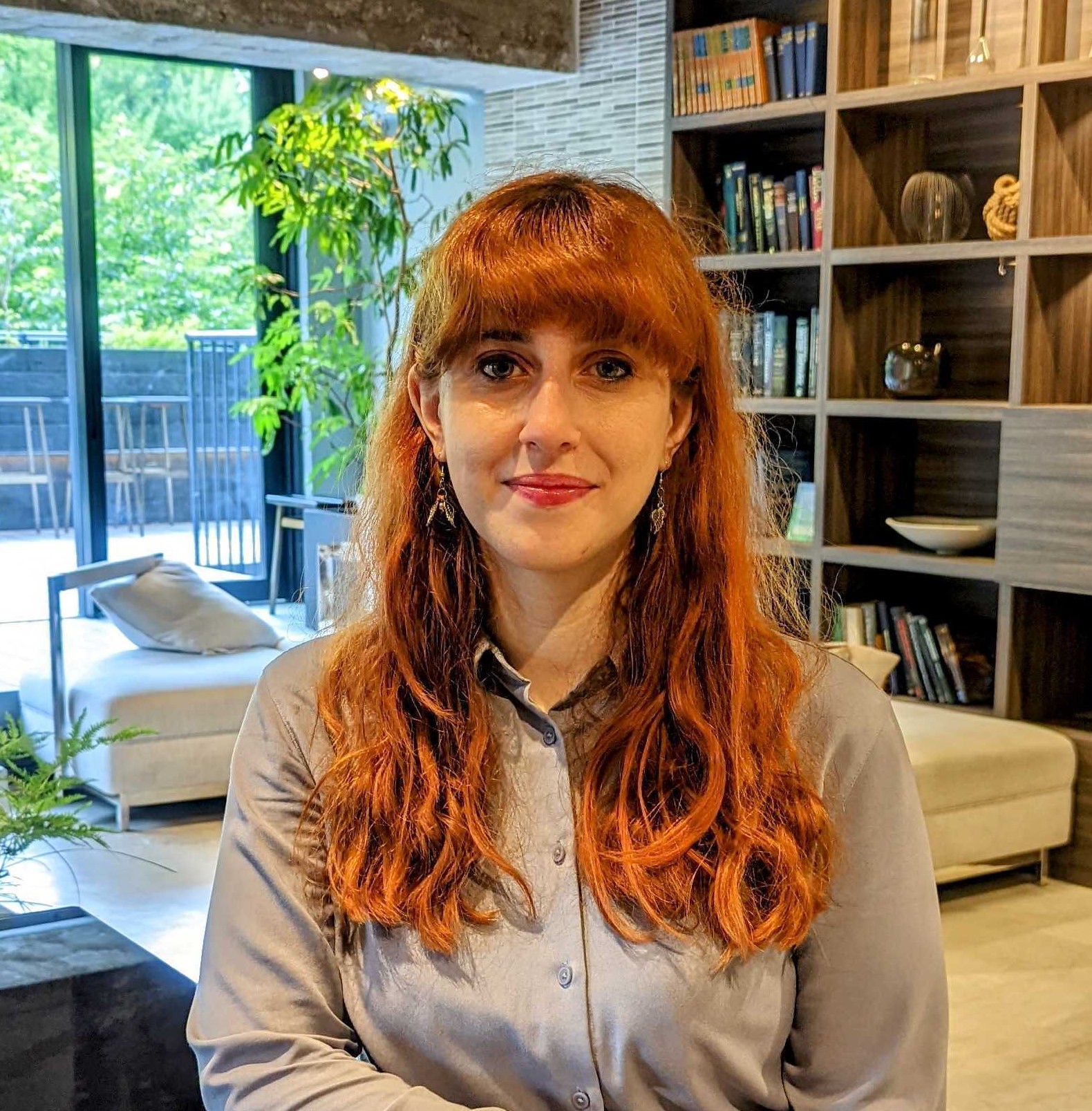
As I worked as a freelance translator, I have come to realize that the beauty of language lies in its nuances and subtleties. And as much as we may strive for perfect translations, it’s the differences that truly make us improve our foreign language abilities.
I remember the first time I encountered a word that simply couldn’t be translated directly. I felt frustrated and defeated, but as I delved deeper into the meaning and context of the word, I realized that it was this very challenge that was pushing me to think critically and creatively about how to convey the same message in the target language. In the beginning, I remember spending hours and hours trying to find a perfect match for お世話になります: usually, the first match that comes up if you look for it is “We become indebted”. I cannot help but ask myself “Indebted… to whom? And why?”. That sounded incredibly odd in a language which wasn’t Japanese! After many days of struggles, I finally accepted the simple truth: I could not find a perfect match, because a perfect match does not exist! At the same time, I felt like I learned more about the Japanese ways of communicating and I was even more curious to know more expressions which are peculiar to each culture, like the feeling of being so grateful that you feel like you are “in debt” with someone peculiar of Japanese.
It was through these experiences that I began to understand the cultural context and the unique expressions that are often lost in translation. But it’s not just about the words, it’s about the emotions and the culture behind them.
When studying a foreign language, we often come across the frustrating reality of translation. Despite our best efforts, the words and phrases we’ve spent hours memorizing simply don’t match up with the way they’re used in the real world. But it’s important to remember that these differences are not roadblocks in our language learning journey. In fact, they are opportunities for growth and improvement!
When we encounter a word or phrase that doesn’t translate directly, it forces us to go beyond the limits of our own language and even culture. This process not only improves our understanding of the language, but also helps us develop more nuanced and accurate communication skills.
So next time you feel frustrated by the differences in languages, remind yourself that they are not obstacles, but rather opportunities for growth and development: embrace the differences and let them take you on a journey of self-discovery and improvement. And remember that it’s through these very differences that we are able to truly connect and communicate with people from all over the world!

Veritas Coach
Giulia Luzzo
Giulia was born and raised in a small town in Italy, but from a young age, she became captivated by foreign cultures and languages. Starting with reading manga as a child, she started being mesmerized by the unique art style and stories. As her interest deepened into reading American and Japanese contemporary literature, she decided to pursue her dream and enrolled in a language program at a university in Italy to study deeper both English and Japanese. During her studies she had the opportunity of living abroad several times in Ireland and Japan, finding that being able to communicate with different people in different languages made the interactions much more enjoyable and memorable. After completing her Master of Arts in Translation she moved permanently to Tokyo to master the language while working as a freelance translator of Japanese contemporary novels. Here she found Veritas and felt inspired by its mission. Working as an international coach represents a fulfilling opportunity that combines her passion for language and culture with her desire to help others understand the importance of effective communication in today’s globalized world.












